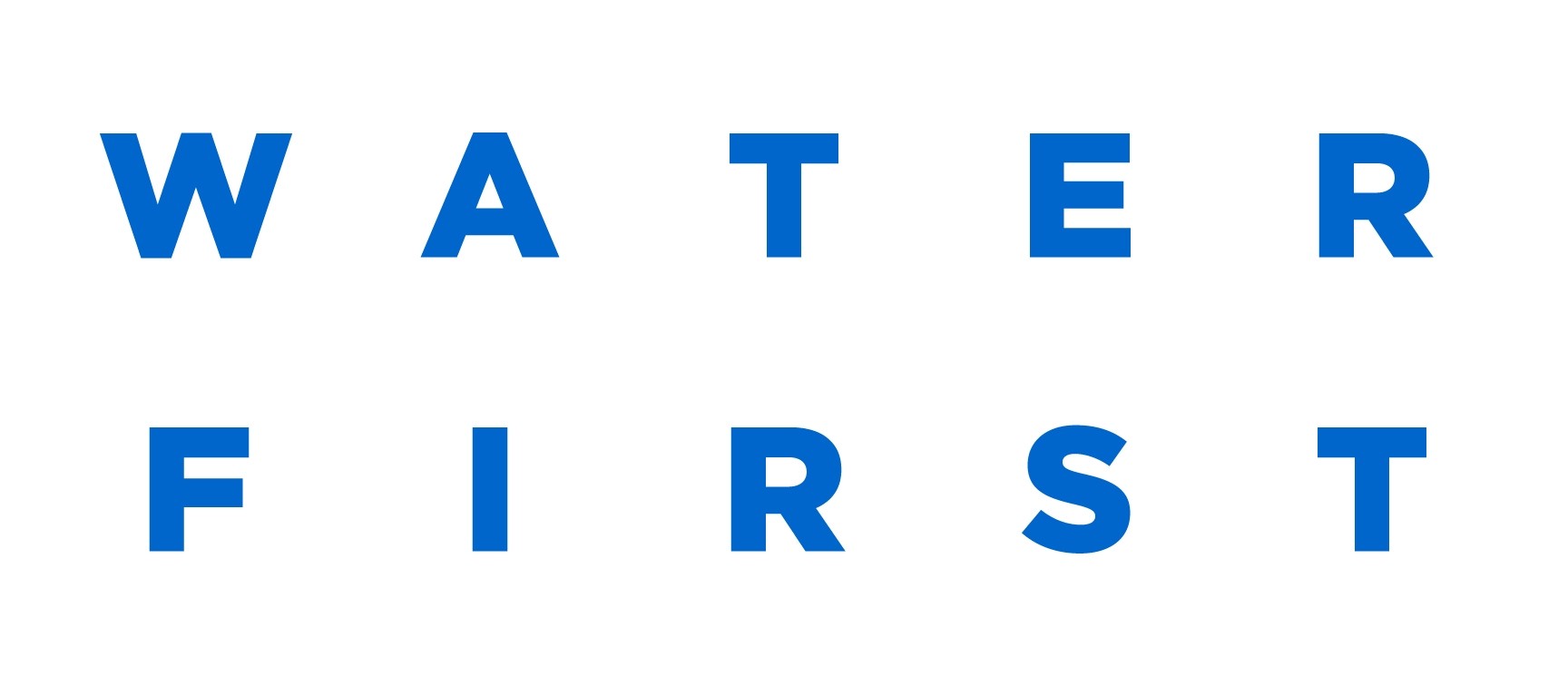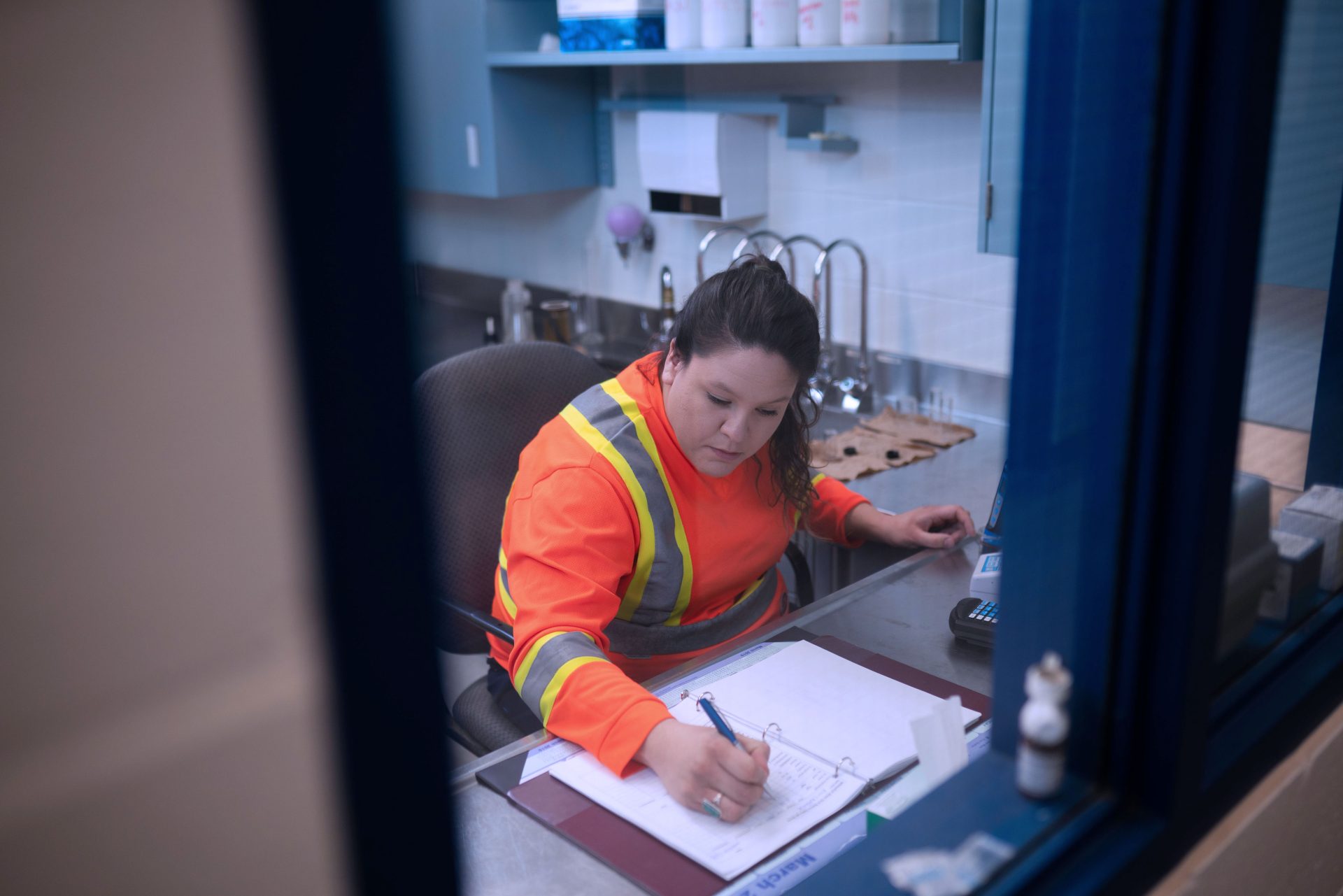Media Coverage
Knowledge On Tap
Water Canada Awards celebrates the industry’s best in Ottawa
When Indigenous youth succeed, whole communities benefit
Calgary wrestling legend Bret Hart celebrated for Canada’s Walk of Fame induction
Water treatment internship empowers Indigenous youth and their communities
“One of our biggest concerns is there’s a lack of certified operators in our communities to operate the water treatment plants. Some of them are getting older and we don’t have the succession line to take their place,” says Adam Peacock, tech services officer for the Bimose Tribal Council of nine communities in northwestern Ontario.
Training and Development
At the Ontario First Nations Technical
Services Corporation’s water symposium
in 2018, Water First’s executive director,
John Millar, was delivering a talk about
a water treatment training internship
with seven First Nations communities on
Manitoulin Island. Phil Tangie, Bimose
Tribal Council’s water hub manager at
the time, stood up from his chair in the
audience and asked Millar, right there
and then, when Water First might begin
working with his Tribal Council.
Hold Space: Raptors Raise Awareness on World Water Day
Monday March 22nd is World Water Day and as numerous indigenous communities across Canada don’t have access to clean water, the Toronto Raptors are using their platform to support any efforts that are being made to deliver clean water to everyone. Hold Space is where we hold space for important conversations and Tenneya Martin speaks with water advocate, Autumn Peltier, and Dillon Koopmans, a representative from Water First about this crisis.
Indigenous youth are learning to become water treatment operators in northern Ontario
A Canadian Non Governmental Organization (NGO) has teamed up with a council of six First Nations in northeastern Ontario with the aim of training young Indigenous people to become water treatment plant operators.
Canadian Water First Education & Training Inc. will help to deliver a drinking water treatment and environmental water science internship program for young Indigenous adults.
Ending Long-Term Water Advisories
Last week the Trudeau government announced it will not meet its key deadline to lift all drinking-water advisories in First Nations communities across Canada by March 2021. In Ontario, Neskantaga First Nation has not had clean water for 25 years, making it the longest standing boil-water advisory in the country. The Agenda discusses promises made and not kept, the effects of that, the efforts to get clean water to these remote communities, and permanent solutions.
Raw Talk Podcast #87 – Water: Access, Equity and Greater Impacts
It’s only natural to be curious about the most essential need for human health and survival: water. In this episode, we learn about clean water, recognizing the drastic difference in water security between communities and what can be done about it. We spoke with Dr. Jay Famiglietti, a hydrologist at the University of Saskatchewan, about water infrastructure in terms of freshwater availability, climate change, and the value of federal oversight and science communication.
First Nations skills-training program has partnership at heart
Though it’s relatively well known that many First Nations communities don’t have access to clean drinking water, the complicated reasons why – and relevant solutions – are less than obvious. The Trudeau government is working to end all long-term drinking water advisories, prevent short-term advisories from becoming long-term and improve water infrastructure for public systems on reserves by May of 2021.
New Internship Program Aims to Address Water Challenges in First Nations Communities
A new partnership between the Bimose Tribal Council and Water First will deliver a drinking water treatment and environmental water management internship program for young Indigenous adults.
“Bimose’s communities appreciate the emphasis on training young people,” said Phil Tangie of the Bimose Tribal Council. “Staff at the water treatment plants are doing a great job with the resources they have, but we need more young people entering the water field. By partnering with Water First and the internship program, we’re able to address this challenge directly. It’s going really well so far, and we hope funding for this program will continue.”
NWO First Nations launch program to train water plant operators
A tribal council representing eight First Nations communities in northwestern Ontario is partnering with a Canadian charity to train future water plant operators for its member First Nations.
The Bimose Tribal Council is working with Water First Education & Training Inc. to offer a drinking water treatment and environmental water management internship program for young Indigenous adults.
Celebrating the Winners of the 2019 Water’s Next Awards
The 2019 Canadian Water Summit played host to the Water’s Next Awards Gala, celebrating the people, projects, and technology that are making substantial contributions to the success of Canada’s blue economy.
Hosted by Water Canada magazine’s Managing Editor Andrew Macklin and water industry expert Kerry Freek, the evening saw leaders from across Canada and around the world come together to celebrate the accomplishments of the 49 finalists for the event’s 13 different awards, highlighted by the Company of the Year and the Water Steward of the Year awards.
Water First
When John Millar, executive director and founder of Water First, attended a national water conference focused on First Nations water issues he was shocked at the lack of representation by Canadian NGOs. At the time Millar was running a charity addressing global water issues, specifically in Uganda.
Pilot project trains Indigenous youth to help tackle water challenges in their communities
A pilot project on Manitoulin Island is giving a group of Indigenous youth the skills and training to ensure their communities have quality drinking water.
Ten young people from First Nations around the Island are finishing up a 15-month paid internship through Water First, a Canadian charity dedicated to helping First Nations solve their water challenges.
Money alone won’t solve the water crisis in Indigenous communities
The Liberal government has vowed to devote the resources needed to reach their goal of eliminating all long-term boil-water advisories on public systems on reserve by 2021. But while progress is being made, there remain more than a hundred First Nations across Canada without access to safe, clean drinking water.
Reconciling Promises and Reality: Clean Drinking Water for First Nations
Drinking water advisories have been a persistent injustice in First Nations. Currently, more than 100 communities go without clean drinking water. Many have faced these conditions for years, or even decades. The David Suzuki Foundation is pleased to release its second report on First Nations drinking water in Canada.
Charity spotlight: Putting water first
Russell Jones had recently graduated high school when he was hired to fill a water sampling job at Water First. He’d never done water sampling before, but his home reserve of Shawanaga First Nation, located just north of Parry Sound, had run out of water, and the community was searching for answers.
Professional Development
For more than four years, Water First has delivered capacity building and training programs within First Nations communities to address critical water issues in Ontario. Boil water advisories in First Nations communities in Canada are widespread, and a third of First Nations communities in Ontario lack a certified water treatment plant operator.


